History of Argentina – Ancient to Modern
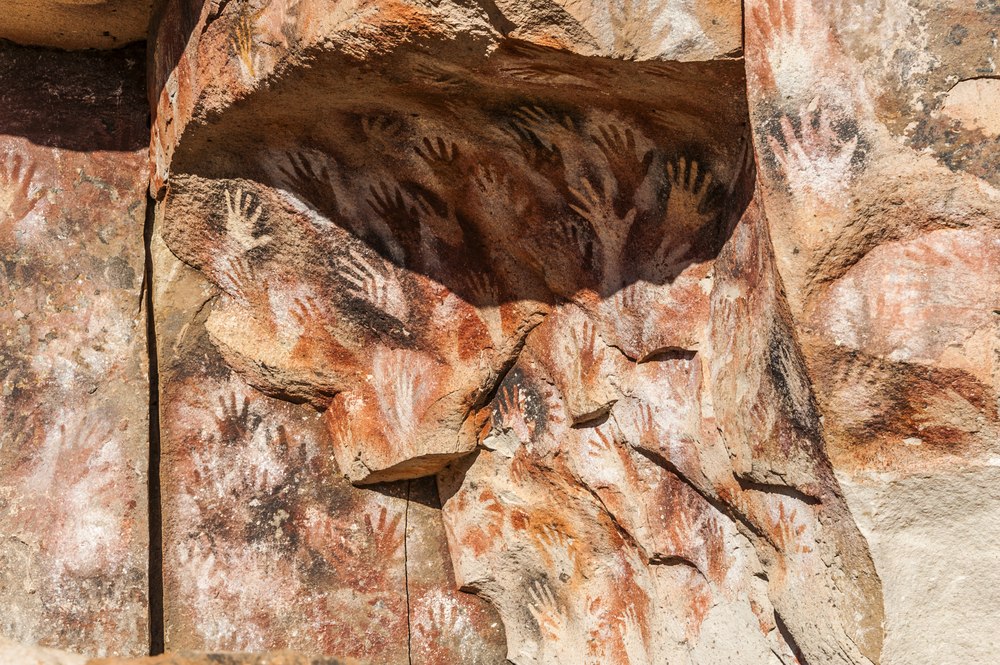
History of Argentina – Ancient to Modern day
The history of Argentina dates back thousands of years, with the first human settlements beginning on the southern tip of Patagonia 13,000 years ago. The indigenous people here and in the Pampas were advanced hunters and gatherers and included the Yamana and the Tehuelches. The country’s history has been tumultuous over the years with political instability, military coups, exiled presidents, territorial disputes and dictatorships.
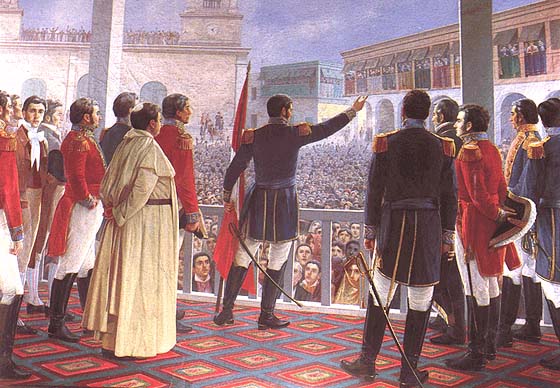
Europeans first arrived in 1502
- Europeans first arrived in 1502, with the Spanish arriving in 1516 and discovering Rio de la Plata
- In 1536 a small settlement was established at the present day location of Buenos Aires by Pedro de Mendoza. This was later abandoned in 1541
- Buenos Aires was settled by the Spanish in 1580 and was part of the Viceroyalty of Peru
- The Spanish established the Viceroyalty of the Rio de la Plata in 1776 that included parts of Argentina, Uruguay, Paraguay and Bolivia
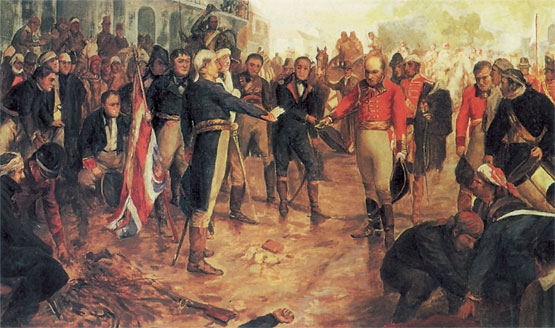
British tried to invade in 1806
- The British tried to invade Buenos Aires in 1806 and 1807 but were defeated both times
- 25 May 1810 saw the First Independent Government in Buenos Aires following the May Revolution
Independence declared on 9 July 1816
- Independence from Spain was declared on 9 July 1816
- Argentine independence was not recognized by the United Kingdom until 1825
- The Argentine Constitution of1853 is still in force to this day, with some amendments
- Between the 1870’s and 1920’s, Argentina prospered as a result of the booming cattle, sheep and agricultural industries, construction of the railway and the industrial revolution
- In the late 1800’s and early 1900’s, Argentina temporarily resolved its border disputes with Chile
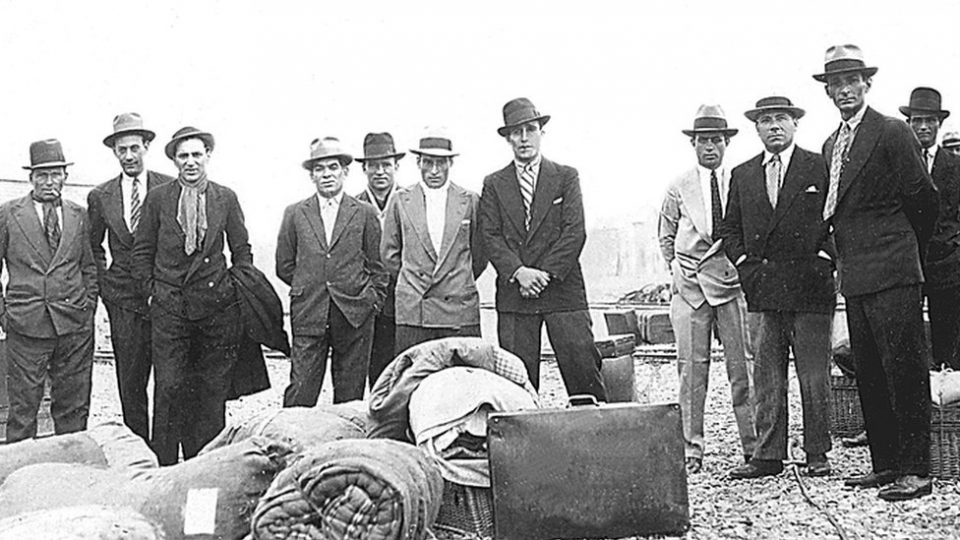
1900s – Military Coups and Exiled Presidents
- The Radicals under Hipólito Yrigoyen, won control of the government through the first national elections under universal male suffrage
- 1928 saw the start of the Great Depression
- A military coup in 1930 resulted in a period in Argentine history known as the Infamous Decade
- After 1930, political instability, economic difficulties and a series of military coups ensued
- The 1930s was also the time when Argentina supposedly became a safe haven for Nazis, yet there is no solid evidence to prove this
- The country returned to civilian rule in 1946, with Colonel Juan Domingo Peron being elected president and promising higher wages and social security
- In 1955 Peron went into exile, returning and becoming president briefly again in 1973
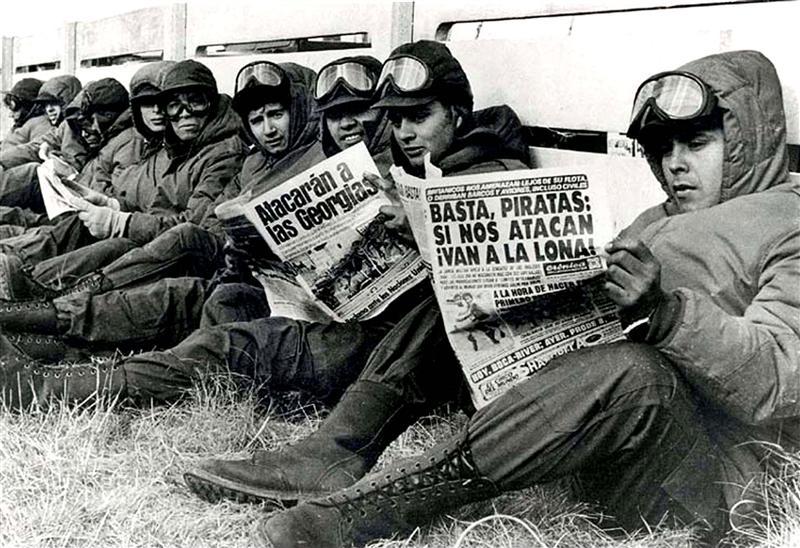
The Dirty War in 1976 and the Falklands War in 1982
- In 1976, a military coup led to the beginning of the most oppressive regime in Argentina’s history and the start of the “Dirty War”
- The territorial dispute between Argentina and Britain over the Falkland Islands led to the Falklands War of 1982
- Argentina’s defeat by Britain resulted in the fall of the dictatorship and the end of the 7 year “Dirty War”, during which time thousands of Argentinians were killed or “disappeared”

First Female President in 2007
- 2007 saw the election of the first female President of Argentina, Cristina Fernandez de Kirchner.
Argentina travel offers not only the opportunity to discover the incredible diverse and stunning landscapes but also introduces you to the country’s cosmopolitan cities, fascinating culture, architecture and history. Take a look at our extensive collection of Argentina tours and come over to discover South America. Click here for more information about Chimu.
